Are you a Matcha seller? Join as a Vendor

d:matcha Kyoto brings the ancient tea fields of Wazuka directly to your cup. Founded in 2014 by Daiki Tanaka and Kenta Nakai, this brand eliminates middlemen to connect consumers with premium Japanese tea from one of Kyoto’s most respected growing regions. Their approach centers on transparency, sustainability, and preserving traditional farming methods that have defined Japanese tea culture for centuries.
The Wazuka region in southern Kyoto Prefecture has cultivated tea for over 800 years. d:matcha Kyoto sources exclusively from this historic area, where steep hillsides and morning mist create ideal conditions for premium matcha production. By working directly with local farmers, the brand ensures each harvest reflects the terroir and expertise unique to this landscape.
This direct relationship model means fresher tea reaches customers while farmers receive fair compensation. No distributors or importers dilute the connection between grower and drinker.
Sustainable agriculture isn’t a marketing angle for d:matcha Kyoto—it’s foundational to their operations. The brand partners with farmers who prioritize soil health, natural pest management, and water conservation. These practices protect the ecosystem that makes Wazuka’s tea exceptional while ensuring future generations can continue the craft.
Traditional shading techniques, organic fertilization, and careful harvest timing all contribute to matcha that’s both environmentally responsible and superior in flavor. The result is tea that tastes clean, vibrant, and true to its origin.
The brand’s product line showcases the versatility of Wazuka tea:
Each product carries the story of its origin—the specific farm, harvest season, and processing method. This transparency helps matcha enthusiasts make informed choices based on flavor profiles, farming practices, and intended use. For those exploring matcha options on a centralized marketplace, d:matcha Kyoto represents a direct path to authentic Kyoto tea with verified sustainability credentials and deep regional roots.
d:matcha Kyoto offers meticulously crafted matcha products based on three distinct tea cultivars, each selected for its unique flavor profile and characteristics. Founded in 2014 by Daiki Tanaka and Kenta Nakai, the company creates a direct connection between consumers and premium Japanese tea sources.
The brand’s matcha portfolio centers on three carefully chosen tea varieties:
Each matcha grade utilizes specific harvesting techniques optimized for the cultivar characteristics. First flush harvests produce the highest quality ceremonial grades, while second flush materials contribute to seasonal blends. The company employs traditional shading methods to enhance umami development and maintain the vibrant green color essential for premium matcha.
For more information about their farming practices, visit d:matcha Kyoto’s farming project page.
d:matcha Kyoto emerged from a shared vision to revitalize Japan’s traditional tea industry while addressing the challenges posed by an aging agricultural society. Founded in 2014 by Daiki Tanaka and Kenta Nakai, the company was born from their pursuit of exceptional matcha and a desire to invigorate the historic Wazuka region in Kyoto Prefecture.
The founders’ innovative approach centers on forging direct connections between discerning consumers and the source of premium Japanese tea, seamlessly merging time-honored farming wisdom with modern business practices. This strategy reflects their commitment to preserving traditional tea cultivation while ensuring its sustainability for future generations.
Central to d:matcha Kyoto’s identity is its meticulous selection of tea cultivars, each chosen for distinct personality and flavor profiles. The company works with three primary cultivars: Yabukita (Japan’s most widely planted variety offering balanced flavor and good aroma), Uji Hikari (developed in Uji with vibrant green color and naturally sweet, creamy texture), and Gokou (a rare variety prized for its flowery aroma and deep umami).
The company’s commitment to sustainable farming practices sets it apart in the industry. Their innovative Aigamo duck farming method introduces ducklings to rice paddies as natural weed and pest controllers, eliminating the need for synthetic interventions while enriching soil naturally. This approach exemplifies their philosophy of working in harmony with nature rather than conquering it.
d:matcha Kyoto proudly maintains JAS (Japanese Agricultural Standards) certification for select tea fields, guaranteeing cultivation without synthetic fertilizers, pesticides, or herbicides. Their comprehensive sustainability practices include composting tea pruning remnants and rice straw into nutrient-rich soil amendments, implementing water-wise drip irrigation systems, and creating biodiversity through hedgerows and cover crops that support beneficial insects and wildlife.
Daiki Tanaka and Kenta Nakai established d:matcha Kyoto with a vision to revitalize the Wazuka region’s tea industry. Their mission focused on creating direct connections between consumers and premium Japanese tea sources while merging traditional farming wisdom with modern business practices to address Japan’s aging agricultural society challenges.
The company initiated the Wazuka Young Tea Farmers’ Project as part of their founding mission to preserve Japanese countryside traditions and support local agriculture. This project became central to their strategy of invigorating the historic Wazuka region through innovative farming approaches and direct consumer engagement.
d:matcha Kyoto implemented comprehensive sustainable farming practices including Aigamo duck farming for natural pest control, organic composting systems, water-wise irrigation, and biodiversity enhancement programs. These practices established their commitment to environmental stewardship while maintaining premium tea quality.
The company achieved Japanese Agricultural Standards (JAS) certification for select tea fields, guaranteeing cultivation without synthetic fertilizers, pesticides, or herbicides. This certification validated their commitment to organic integrity and sustainable farming practices while ensuring premium quality standards for their matcha production.
Find below some answers to the most common questions about d:matcha Kyoto.
d:matcha Kyoto uses a unique Aigamo duck farming system where ducklings are introduced to rice paddies after seedling maturation. These ducks serve as natural weed and pest controllers, eliminating the need for synthetic interventions while their waste enriches the soil naturally.
This innovative approach, combined with their JAS (Japanese Agricultural Standards) certification for select tea fields, creates a completely pesticide-free environment that enhances both rice and tea cultivation in the Wazuka region.
Each cultivar offers distinct characteristics:
Choose Uji Hikari for tea ceremonies, Yabukita for daily use, or Gokou for a unique tasting experience.
Founded in 2014 by Daiki Tanaka and Kenta Nakai, d:matcha Kyoto creates a direct link between customers and the tea source in the Wazuka region. This eliminates middlemen, ensuring fresher matcha while supporting local tea farmers directly.
Their approach merges traditional farming wisdom with modern business practices, allowing customers to trace their matcha back to specific fields and cultivars while supporting the revitalization of rural Japanese tea communities.
Summer Blend is crafted from second flush Yabukita cultivar, offering a different flavor profile than first flush ceremonial grades. This blend provides excellent value while maintaining d:matcha Kyoto’s quality standards.
Use Summer Blend for daily matcha lattes, smoothies, or baking where you want authentic matcha flavor without the premium price of single-origin first harvest varieties like their Uji Hikari ceremonial grade.
d:matcha Kyoto holds JAS (Japanese Agricultural Standards) certification for select tea fields, not their entire operation. This certification guarantees that these specific fields produce tea without synthetic fertilizers, pesticides, or herbicides.
Combined with their Aigamo duck farming and composting practices using tea pruning remnants and rice straw, these certified fields represent their highest commitment to organic integrity and environmental stewardship in the Wazuka region.
There are no results matching your search
Click below to see the profile of a matcha brands similar to d:matcha Kyoto.
No results available
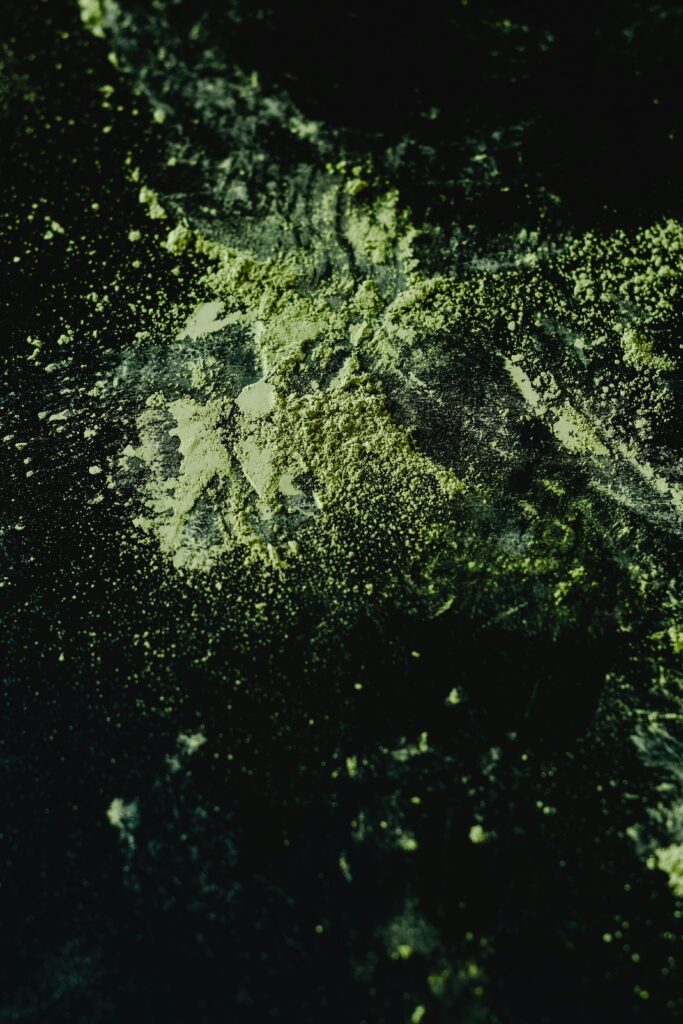
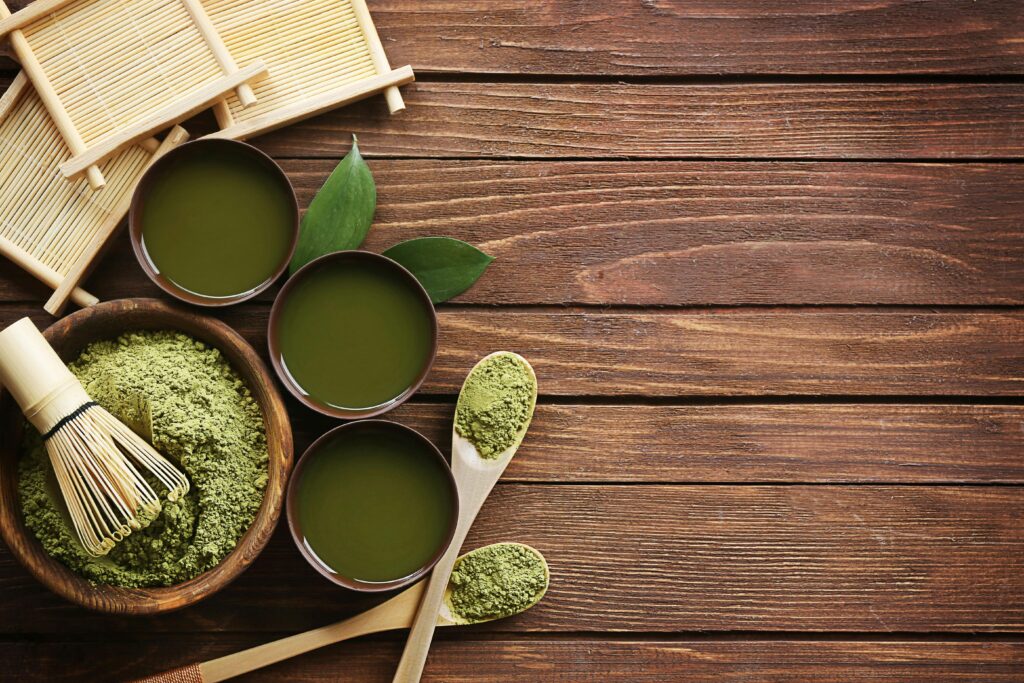
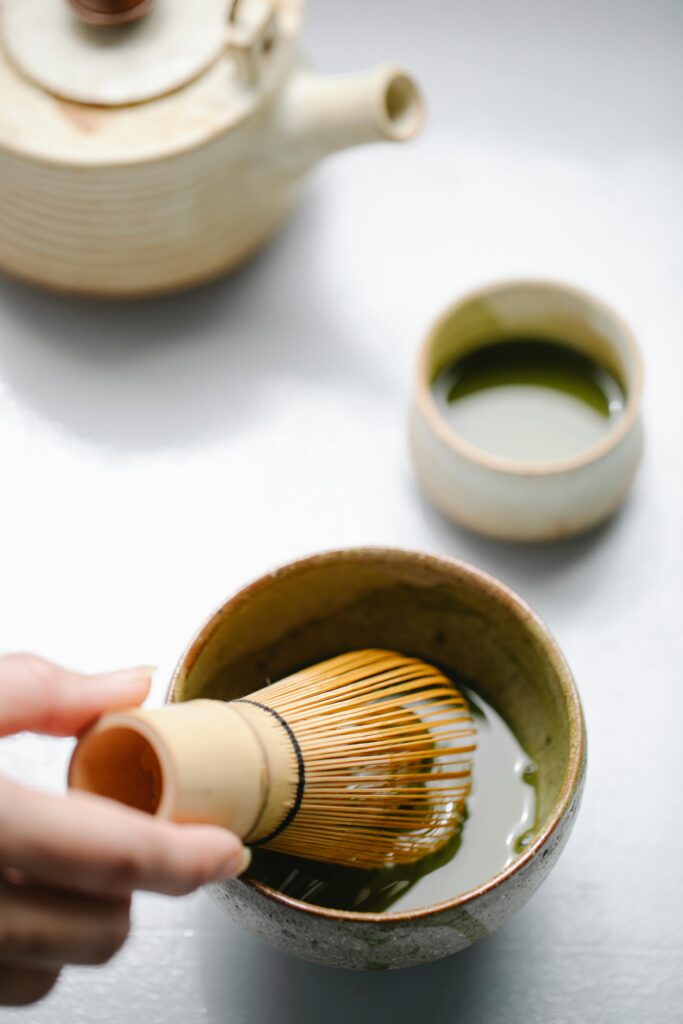
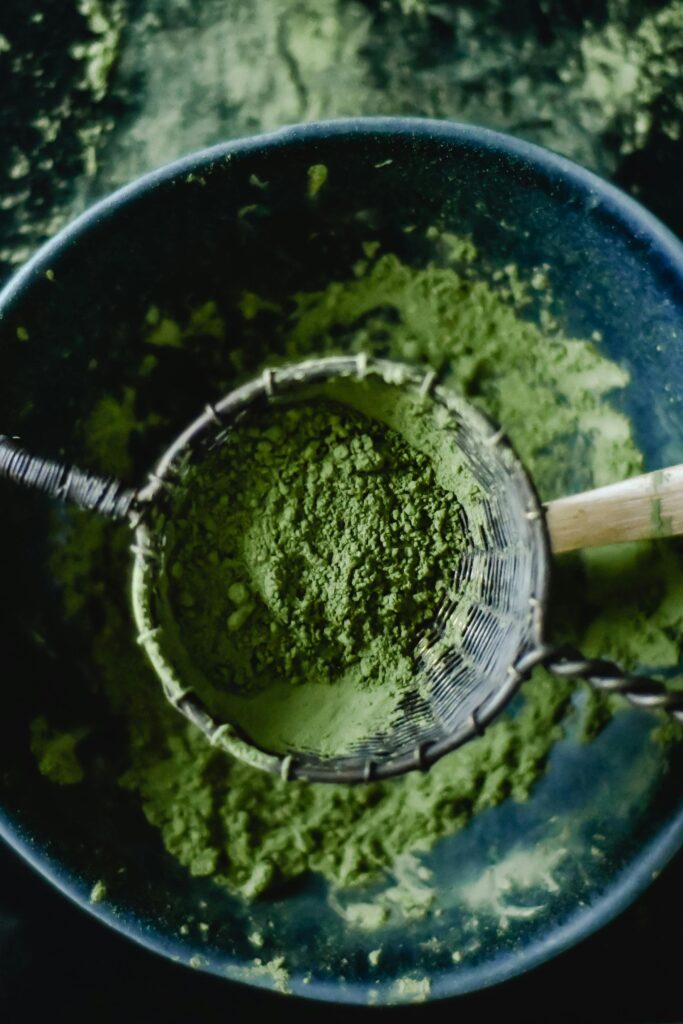
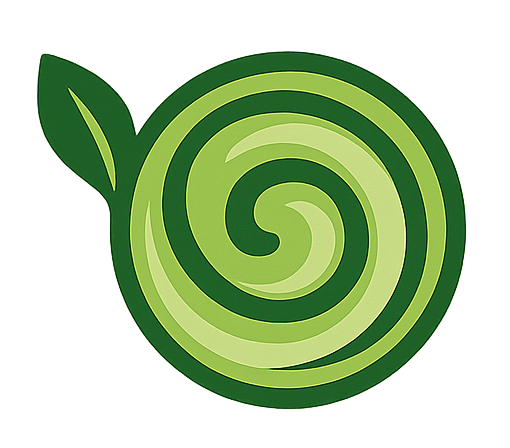
Join our mailing list to receive updates and exclusive tips.
There are no results matching your search